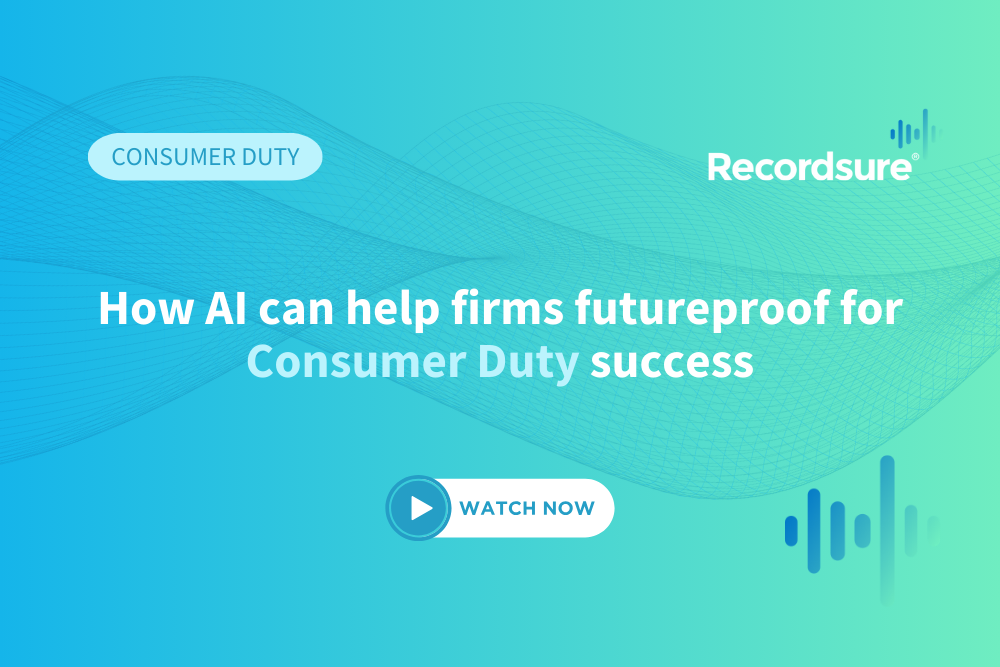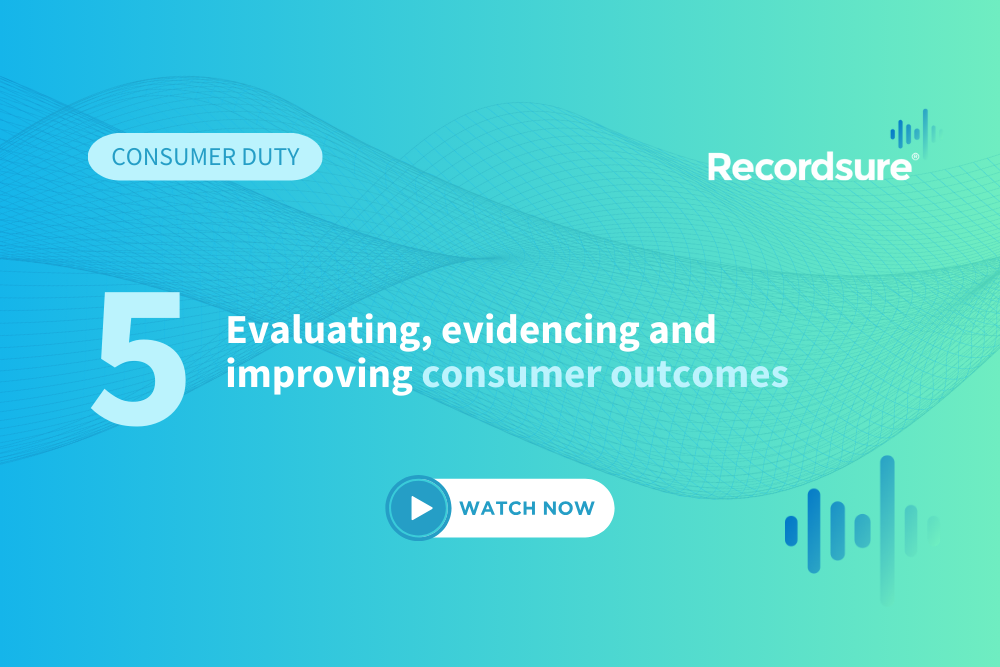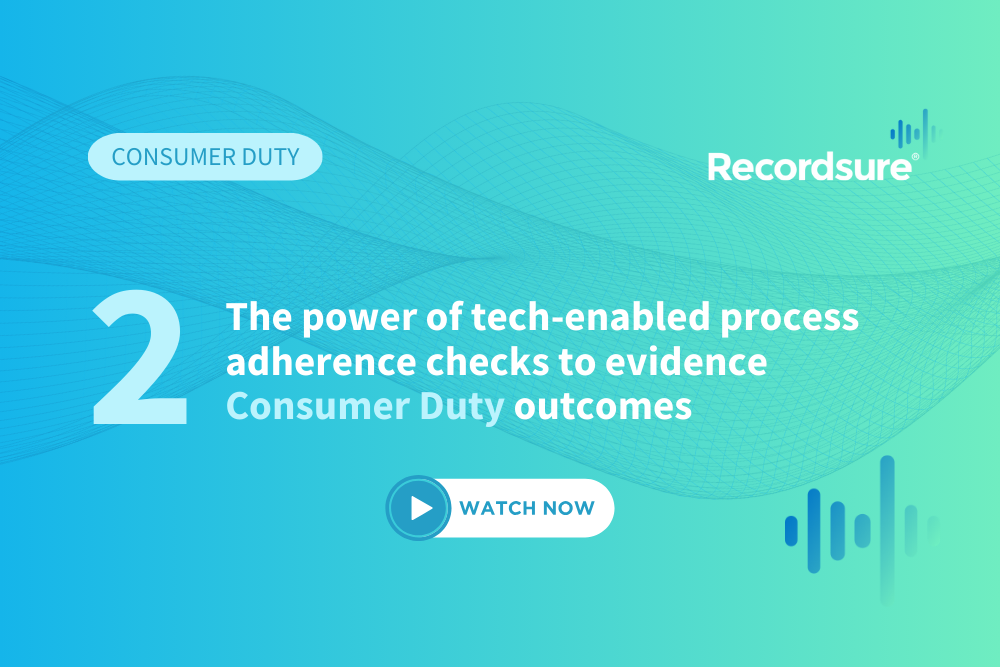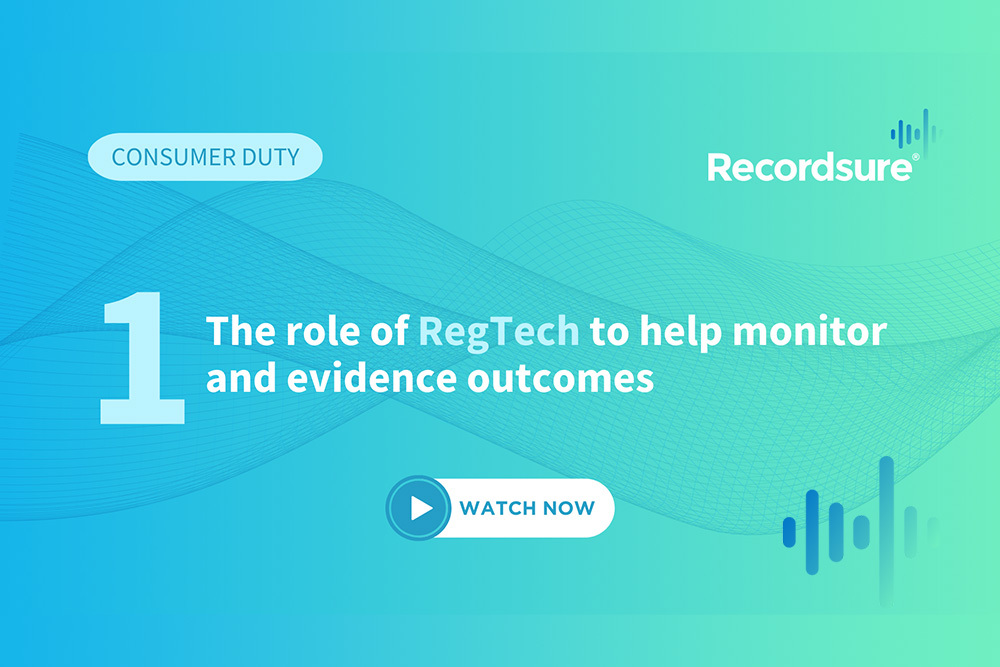Resources
Insights

Motor insurance firms are advised to utilise their data to better demonstrate customer outcomes
The FCA recently released new findings into its review of how motor insurance firms handle claims for valuing stolen or written off vehicles. The survey, which comprised 12 firms, targeted organisations that collectively make up around 70% of the market to give a clearer picture

FCA Business Plan: Regulator steps up tech focus for 2024/25
The Financial Conduct Authority (FCA), the UK’s financial regulatory body, has released its annual Business Plan for 2024/25, which outlines its key objectives and regulatory priorities for the next 12 months. The Business Plan restates the FCA’s three main areas of focus: Reducing and preventing

Consumer Duty: Increasing data oversight is key for effective outcomes monitoring
The FCA’s latest deep dive into firms’ Consumer Duty journeys, published on 20th February, has shed new light on the need for businesses to review and where necessary ‘level up’ their oversight and monitoring strategy for long-term compliance to ensure the right customer outcomes and

The FCA’s motor finance focus reveals the importance of robust oversight
How technology can help











